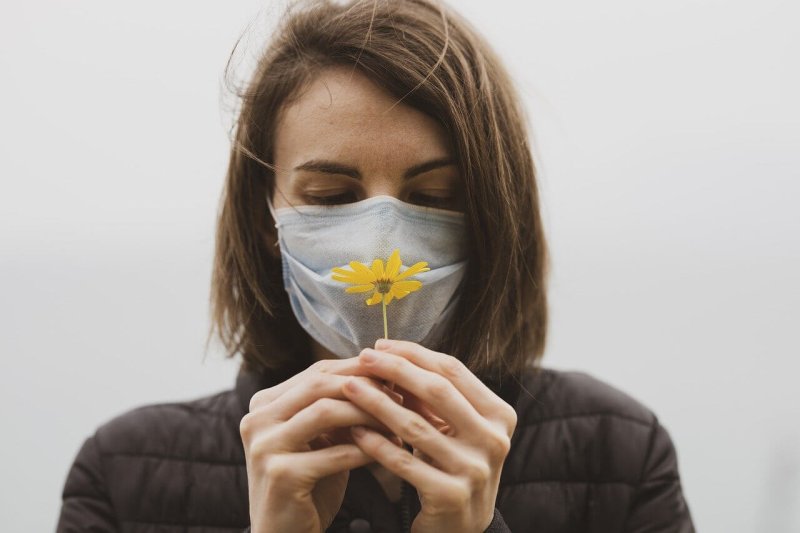Few of Covid-19’s peculiarities have piqued as much interest as anosmia, the abrupt loss of smell that has become a well-known hallmark of the disease. Covid patients lose this sense even without a stuffy nose; the loss can make food taste like cardboard and coffee smell noxious, occasionally persisting after other symptoms have resolved.
Scientists are now beginning to unravel the biological mechanisms, which have been something of a mystery: The neurons that detect odors lack the receptors that the coronavirus uses to enter cells, prompting a long debate about whether they can be infected at all.
The virus did not invade neurons, the researchers learned, only the cells that play supporting roles in the olfactory system. But that was enough to alter the function of the nearby neurons, leading to a loss of smell.
The immune response altered the architecture of genes in the neurons, disrupting production of odor receptors, said Marianna Zazhytska, a postdoctoral fellow at the Zuckerman Institute and one of the paper’s first authors, along with a graduate student, Albana Kodra.
“It is not the virus itself causing all this reorganization — it’s the systemic inflammatory response,” Dr. Zazhytska said. “The nerve cells are not hosting the virus, but they are not doing what they did before.”































